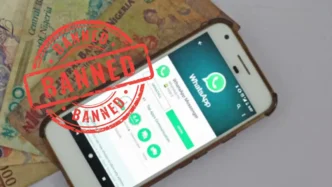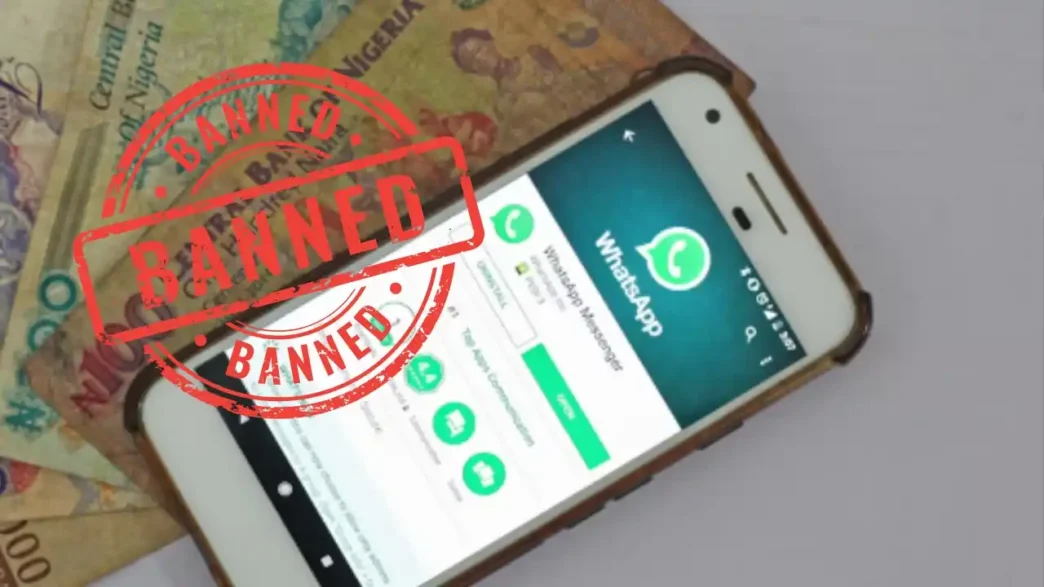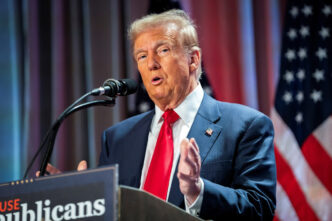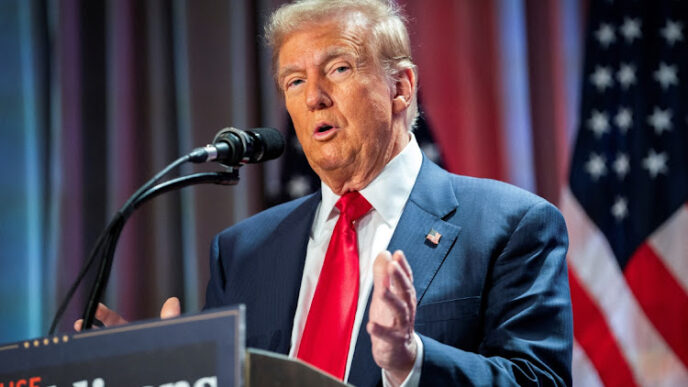The U.S. House of Representatives has officially banned the use of WhatsApp on all government-managed devices.
The decision, announced through an internal memo, highlights growing concerns over digital security and marks another major shift in Washington’s tech policy.
The directive was issued by the Office of the Chief Administrative Officer via its Office of Cybersecurity.
According to the internal notice, WhatsApp has been flagged as a “high risk” communication app due to several critical security concerns.
These include a lack of transparency in user data protection, no encryption for stored content, and vulnerabilities that could be exploited for unauthorized access.

Moreover, a report by Reuters revealed that officials are deeply worried about WhatsApp’s data handling practices.
The concern is that the app could be used to access or leak sensitive government information.
As a result, all House members and staff were instructed to uninstall the app immediately and switch to more secure messaging platforms.
“The use of WhatsApp on official devices could expose sensitive information,” the Office of Cybersecurity reportedly warned.
Approved alternatives now include Microsoft Teams, Apple’s iMessage and FaceTime, Amazon’s Wickr, and Signal.
These platforms are considered more secure and better suited for government use.
However, the decision has not gone unchallenged.
A spokesperson for WhatsApp responded strongly, saying, “We disagree with this decision in the strongest possible terms.”
The company emphasized that its app offers “end-to-end encryption and industry-leading security features.”
WhatsApp also claimed it performs better than many of the apps now approved by the U.S. House.
This action follows a similar pattern to the 2022 ban of TikTok from government devices, which was also prompted by national security and privacy concerns.

At that time, TikTok was also labeled as “high risk” and was removed from all congressional devices.
The current WhatsApp ban comes months after reports revealed that users of the platform, including journalists and civil society members, were targeted by spyware linked to Israeli company Paragon Solutions.
This further intensified skepticism around WhatsApp’s ability to safeguard user data, especially in high-stakes environments like government institutions.
This ban sends a strong signal that the U.S. government is stepping up its data security standards.













Security standard will keep in rising and corruption keeps getting fatter and better